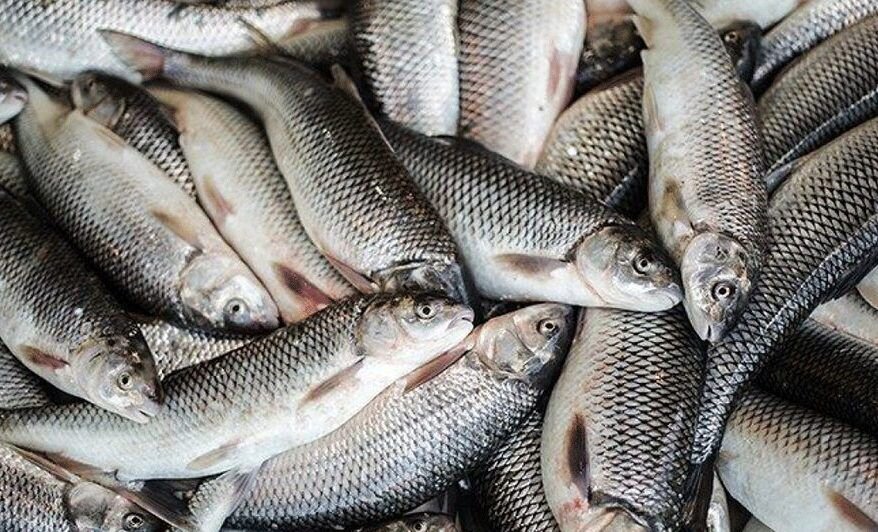Fishery exports increase 29% in 2 months yr/yr

TEHRAN - The value of Iran’s fishery export has risen 29 percent in the first two months of the current Iranian calendar year (March 21-May 21), compared to the same period of time in the past year.
According to statistics released by the Iran Fisheries Organization (IFO), Iran exported 31,000 tons of fisheries and aquaculture products worth $58 million during the two months period, also registering a 23 percent rise in terms of weight, Fars News Agency reported.
The country registered a $54 million surplus in the trade of fisheries and aquaculture during the mentioned two months as the country only imported four million tons of the mentioned products.
As reported, Hormozgan province ranked first in terms of exporting aquatic products in the previous Iranian year. Last year, over 46,000 tons of aquatic products were exported from Hormozgan province in southern Iran.
Iran's aquaculture industry is on a wave of progress and has world ranks in the production of some fishery products.
According to the IFO head, Iran exported $600 million worth of fishery products in the previous Iranian calendar year 1401.
Announcing a positive balance of $520 million in the previous year, Hossein Hosseini said that there is a capacity of up to $2 billion in export for the country's fishery industry.
It is worth mentioning that the growth and development of Iran’s aquaculture industry has reached the point where the country has become a model for the countries of the region and the world.
The United Nations Food and Agriculture Organization (FAO) believes that Iran plays a responsible and central role in fishing and aquaculture industry in the region, and for this reason, it can be considered a model for the countries of the region.
Now the world markets have become the target of the export of the country's fishery products, so that, the value of fishery exports also increased by 67 percent in the Iranian calendar year 1400 compared to the preceding year.
In addition to the executive role of the IFO, the role of research and knowledge-based activities in this field is very important, and the entry of young specialists and knowledge-based experts in various sectors of the fishery industry has made the sanctions ineffective.
EF/MA
